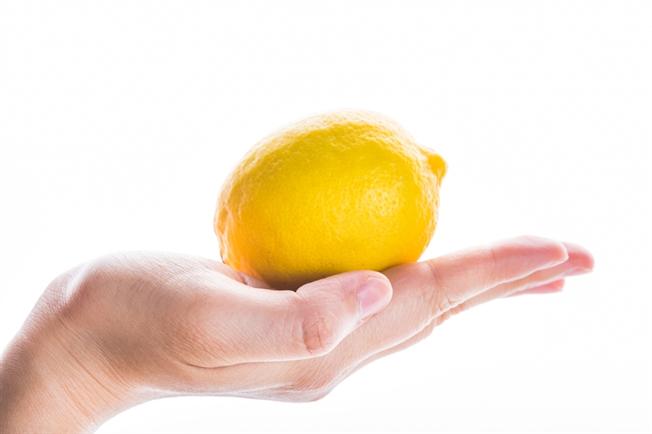Dietary triggers for urinary incontinence

One in six adults in the United States suffer from urinary incontinence. Is it true that urinary incontinence can be triggered by what you eat and drink? Marc Toglia, MD, system chief of female pelvic medicine and reconstructive surgery at Main Line Health, explains that the role of dietary triggers depends on what type of urinary incontinence a person has.
"There are two types of urinary incontinence and they are very different from one another," says Dr. Toglia. "There is stress urinary incontinence—a loss of urine that occurs during physical exertion such as laughing, sneezing, coughing, lifting or exercise. This type is not affected by diet. Then there is overactive bladder (OAB)—a frequent and sudden urge to urinate. This type of urinary incontinence absolutely reacts to dietary triggers."
While there are numerous effective treatments available for OAB, including medications, pelvic floor physical therapy, Botox for urinary incontinence and nerve stimulation. Dr. Toglia says that first line therapy begins with adjustments to fluid intake and diet. "The first step, always, is to reduce fluid intake by 25 percent," says Dr. Toglia. "Then we look to identify the specific foods and beverages that trigger urinary incontinence in a particular individual. The primary culprits are caffeine and acid, but everyone is different. You need to determine what the specific triggers are for your body."
Common triggers of urinary incontinence
- Coffee
- Tea
- Soft drinks
- Carbonated beverages
- Alcohol
- Citrus fruits and juices
- Artificial sweeteners
- Sugar
- Honey
- Chocolate
- Tomatoes and tomato-based foods
- Spicy foods
Dr. Toglia says you do not have to avoid your triggers all together, but be smart about when you are consuming them.
"If you know that when you drink a soda, you'll be in the bathroom every 15 minutes, don't drink a soda before you go to the opera with your husband," he explains. "Save it to enjoy when you're at home and going nowhere.
"Urinary incontinence, when untreated, can have enormous social ramifications," cautions Dr. Toglia. "It prevents people from doing the things they love—taking a road trip, visiting friends and family, seeing a movie, going for a long walk, spending time on the beach. The two things that will zap your quality of life more than anything else are depression and incontinence. It affects you physically, emotionally, socially and sexually. But there is no need to suffer in silence. Effective therapies exist and have improved significantly in the last decade."
If you have concerns about urinary incontinence, talk to your primary care physician or consider seeing a specialist. The board-certified specialists at Main Line Health can identify your type of urinary incontinence and determine an effective treatment program.
"While incontinence may not be a life threatening condition, it is clear that the physical, mental and social burdens that can result from it can severely affect overall quality of life."